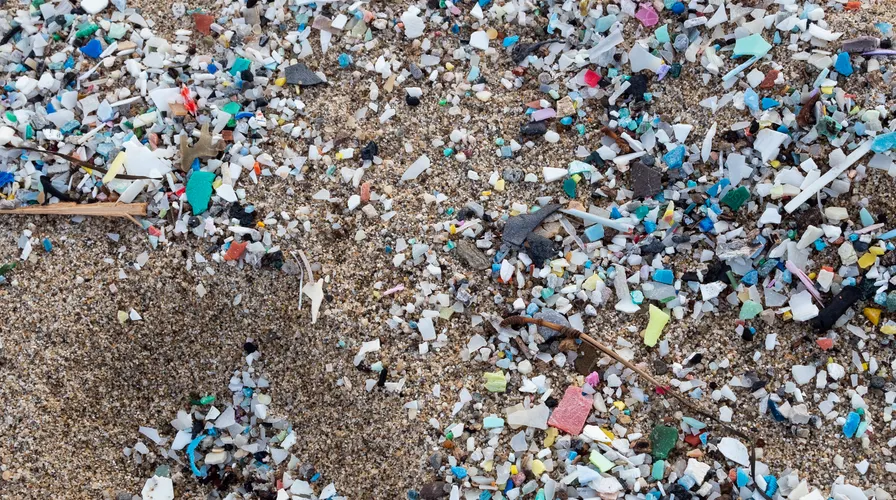Latest reports suggest that Microplastics have been found in every human placenta tested in a study, leaving the researchers worried about the potential health impacts on developing foetuses.
The scientists who undertook the study-published in the Toxicological Sciences journal- analysed 62 placental tissue samples and found the most common plastic detected was polyethylene, which is used to make plastic bags and bottles.
A second study revealed microplastics in all 17 human arteries tested and suggested the particles may be linked to clogging of the blood vessels. Microplastics have also recently been discovered in human blood and breast milk, indicating widespread contamination of people’s bodies.
The impact on health is as yet unknown but microplastics have been shown to cause damage to human cells in the laboratory. The particles could lodge in tissue and cause inflammation, as air pollution particles do, or chemicals in the plastics could cause harm.
Huge amounts of plastic waste are dumped in the environment and microplastics have polluted the entire planet, from the summit of Mount Everest to the deepest oceans. People are known to consume the tiny particles via food and water as well as breathing them in, and they have been found in the faeces of babies and adults.
Read also: Report shows UK’s net zero economy grew 9% in 2023
Prof Matthew Campen, who works at the University of New Mexico, US and led the research, was quoted as saying “If we are seeing effects on placentas, then all mammalian life on this planet could be impacted. That’s not good.”
He said that the growing concentration of microplastics in human tissue could explain puzzling increases in some health problems, including inflammatory bowel disease (IBD), colon cancer in people under 50, and declining sperm counts.
A 2021 study had found that people with IBD had 50% more microplastics in their faeces.
Campen said that he was deeply concerned by the growing global production of plastics because it meant the problem of microplastics in the environment “is only getting worse”.
The study found microplastics in all the placenta samples tested, with concentrations ranging from 6.5 to 790 micrograms per gram of tissue. PVC and nylon were the most common plastics detected, after polyethylene.
Story was adapted from the Guardian.
